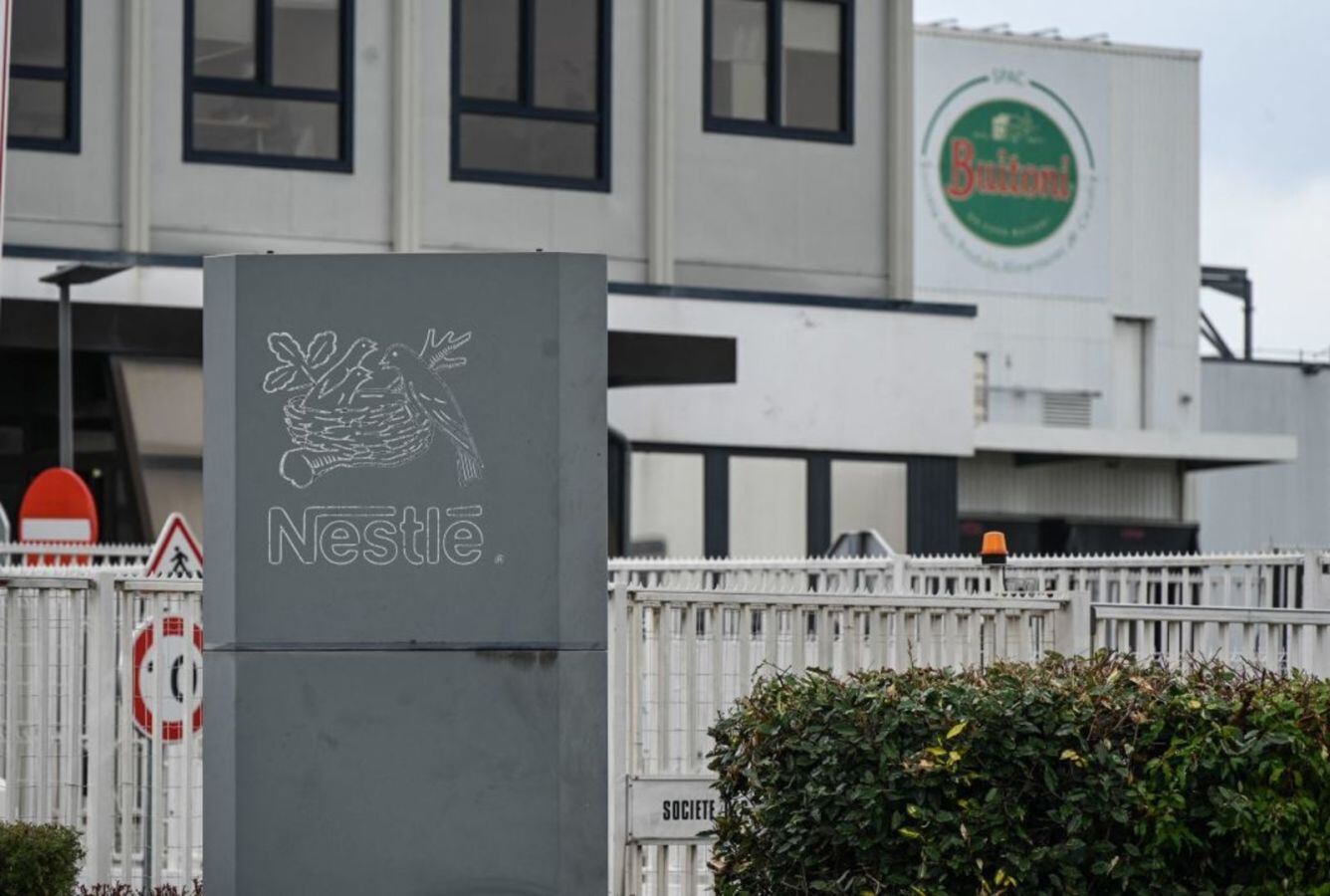Recently passed legislation in New York City will track commercial storefronts, giving the city a comprehensive database on building vacancies for the first time ever.
The legislation — approved late last month by the City Council — was spurred by a study conducted last year that found that storefront vacancies averaged nearly 9 percent across the city. Over 20 percent of store space was empty in certain neighborhoods.
"Government will now be able to bring its really good services to the businesses that need it the most by having this data," Council Member Helen Rosenthal, the sponsor the bill, told Cheddar.
Under the new law, building owners will be required to report the status of ground floor and second floor commercial space. The database will be public and used by lawmakers to identify at-risk business areas.
"Soon enough, we'll be able to answer the questions, 'Where is it the worst? Why? What is going on in those communities?'" Rosenthal said. "We'll finally be able to have the answers."
Vacant storefronts have been an increasingly problematic, and visible, issue for New York City. Small businesses are largely being pushed out due to skyrocketing real estate prices, leaving certains areas only accessible to large corporate chains or franchises.
"You can't fix a problem when you can't even begin to measure it," Gale Brewer, Manhattan's borough president, said in a statement. "This database will be a boost for business owners looking for possible places to rent, those facing lease negotiations, and countless other possible services."
Just last year, the city spent nearly $160 million in 76 Business Improvement Districts, which are areas that the city invests in to maintain the vibrancy of its commercial area.
The vacancy issue also stems from the increasing popularity and dominance of e-commerce, experts say.
The vacancy issue is growing in cities with "bigger companies like Walmart, or anywhere Amazon can deliver really," John Surico, a researcher at CityLab, told Cheddar. "New York City is just a microcosm."
Yet, Surico added, "[New York City] is known for its mom-and-pops, and I think [the issue] threatens the soul of the city."
Rosenthal added that the new vacancy reporting law will help immigrant communities and the most vulnerable New Yorkers since they are often the most affected by rising unemployment.












